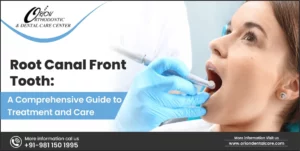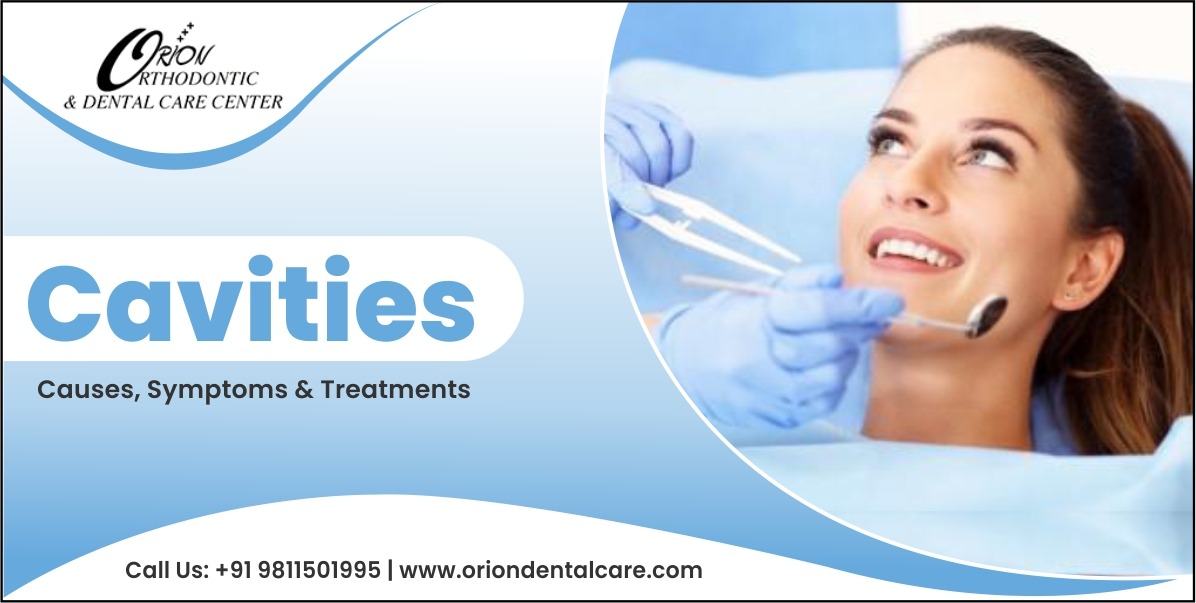We all have heard about dental hygiene ever since our childhood because our teeth and gums require regular care. Not only do a good set of teeth help you sport a beautiful smile but they are vital to performing essential activities such as chewing which is the first stage that helps digestion of food. But often due to negligence, oral health is not looked after and one suffers from dental problems. Let’s look at some of these common yet serious dental problems.
Tooth Sensitivity
There is a layer called dentin that covers the nerves of our teeth. Due to gum disease, injury to teeth or other factors, this sensitive layer often gets exposed. Dentin has channels leading all the way to the tooth pulp made up of nerves and blood vessels. Once exposed, the food items such as sweets, hot or cold beverages can irritate the teeth nerves causing slight to moderate pain.
If you have tooth sensitivity, use a soft-bristled toothbrush, floss regularly, and avoid acidic and sugary foods. To treat extreme sensitivity, visit the best dental clinic in Delhi.
Toothaches
We have all experienced toothache at some point in our lives. The common reasons are tooth decay, cavities, gum disease, wisdom tooth, etc. In order to avoid pain, follow good dental hygiene by brushing and flossing regularly. If your toothache persists for a long time, visit the dental clinic and find out the exact cause for toothache.
Enamel Degradation
Enamel degradation is characterized by round and discolored enamel surfaces. This typically occurs due to the consumption of sugary snacks and fizzy drinks with acid. Excessive or harsh brushing can also be the reason. Prevention is the key here as you cannot undo the damage. But you can always avoid fizzy drinks and be gentle on your teeth while brushing.
Bad Breath
Bad breath is a common problem that occurs due to dry mouth, poor dental hygiene or infection. The solution to bad breath depends on figuring out the exact cause of the same. It can be due to food particles in the mouth, bacteria on the tongue, plaque accumulation or dental infection. Adopt healthy dental habits such as regular brushing, flossing, replacing your toothbrush timely and timely check-ups.
Gum Disease
Gum disease basically includes gingivitis and periodontal disease. Gingivitis is characterized by red, swollen gums that sometimes bleed. This is a mild form of gum disease that can be treated when looked after timely. When left unattended, gingivitis can lead to periodontal disease. In periodontal disease, the infection spreads beyond the gum line. Therefore, bacteria not only affect the gums but also damage tooth-supporting bones. Surgical and non-surgical procedures are used as treatments for gum disease depending on the progress of infection and damage caused.
Dry Mouth
Dry mouth or xerostomia is caused by a lack of saliva in the mouth. Saliva not only has antibacterial property but it also helps remove the plaque. Dry mouth robs your teeth of saliva and therefore, allows bacterial to settle and infect the gums and enamel.
This is common in older people as they have less saliva production in the mouth and are often on prescription medicines. To control the dry mouth, drink enough water and check if your prescribed medicines are the culprit.
Temporomandibular Joint Disorder (TMJ)
Few people experience grinding and clenching of teeth during sleep. This happens due to the dysfunction of the joint between ears and jawbone. It can lead to wearing off of an upper layer of teeth and cause pain. Temporomandibular Joint Disorder is mostly due to stress conditions and can be managed with counseling or using a mouth guard while sleeping.
Tooth Decay
Tooth decay occurs due to the accumulation of plaque on your teeth. Plaque has millions of bacteria that infect your tooth enamel and spread further. Tooth decay if not controlled, can result in cavities, or small spaces in the teeth. It is commonly seen in children and even adults who do not maintain good oral hygiene which leads to the formation of cavities and toothaches.
Tooth decay can be prevented by regular brushing of teeth and flossing them. If you already have cavities or tooth pain, the dentist may suggest treatment options that include dental filling, placement of a crown, or root canal. In rare cases, one has to go for tooth extraction when treatment is no longer an option.
Mouth Sores
Mouth sores whether cold or canker sores are rather common. The sores are usually seen on gums, tongue, lips, or at the bottom of the mouth. The reasons for mouth sores can be accidental biting of inner cheeks or lips, or in some cases as an onset of serious illnesses including cancer.
Canker sores occur due to stress, weak immune system, deficiency of B12 or hormonal changes. Canker sores that appear as the white center and outer red ring are non-contagious and can be treated by home remedies such as cold application, gargling with baking soda plus water, or simply by managing the stress. Over-the-counter medications are available for canker and cold sores.
Other serious types of sores that are caused due to illness or infection such as Herpes do not go away easily and are contagious. These types of sore are the result of exposure to the sun, stress, hormone changes, or illness.
Consult the best dentist in Delhi to know more.
Oral Cancer
As we have seen in advertisements on TV, oral cancer is a serious dental problem. Its first sign is a small, pale, pinkish lump or growth inside the mouth. It is almost always painless. It is commonly seen in excessive smokes and tobacco eaters.
If you have seen similar growth in your mouth, check with your dentist to get your doubts cleared. The trouble with oral cancer is that it is not detected timely in most cases and hence has high mortality rates. To save yourself from the disease, avoid consumption of tobacco and nicotine completely.
Contact us for the best orthodontist in Delhi to understand different dental problems.






